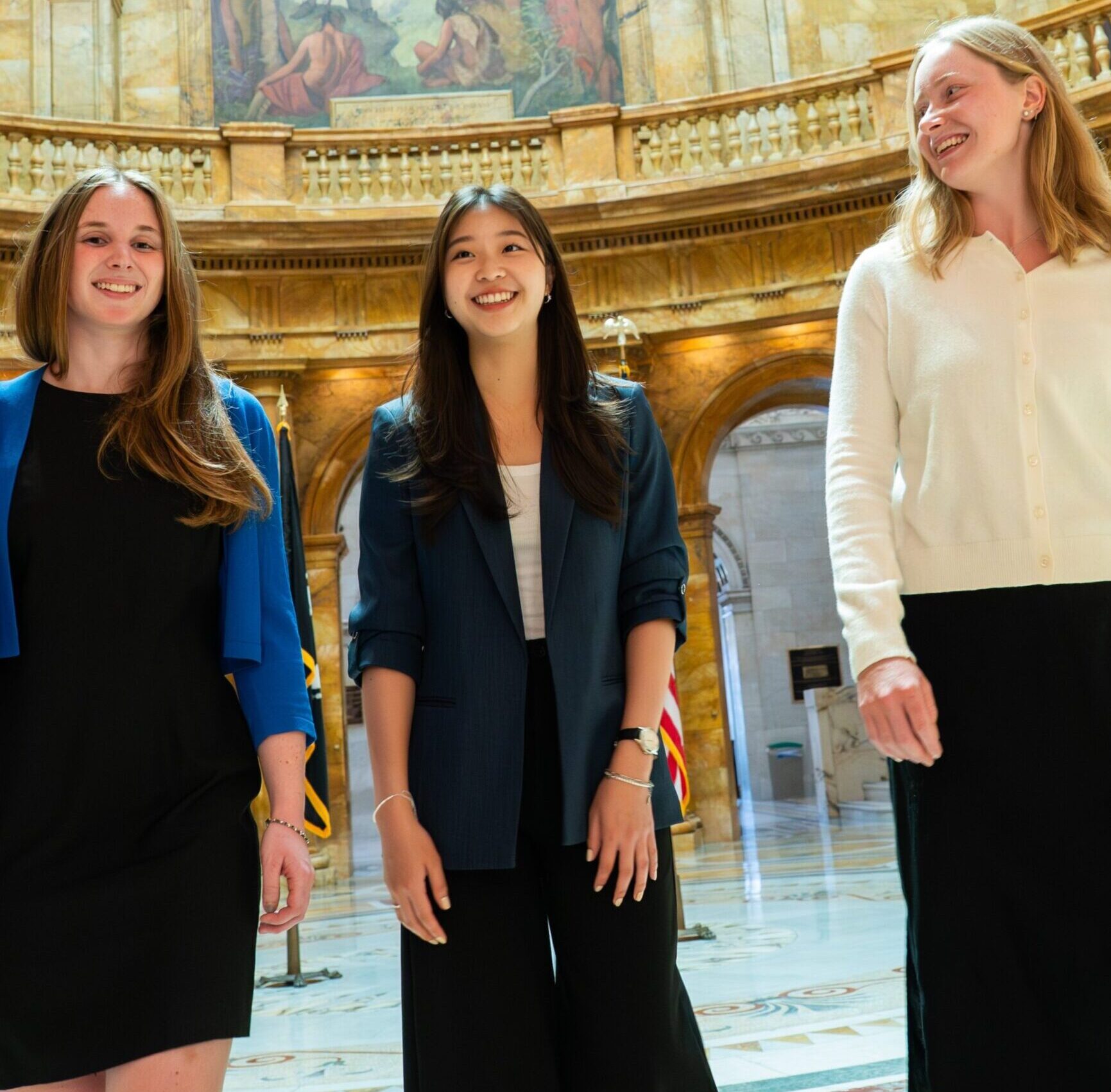Profile
Tarun Khanna is the Jorge Paulo Lemann Professor at the Harvard Business School. For almost three decades, he has studied entrepreneurship as a means to social and economic development in emerging markets. At HBS since 1993, after obtaining degrees from Princeton and Harvard, he has taught courses on strategy, international business and economic development to undergraduate and graduate students and senior executives.
A summary of his conceptual work on emerging markets appeared in his 2010 co-authored book, Winning in Emerging Markets. Comparative work on entrepreneurship in China and India appeared in two books based on his personal experiences: Billions in 2008 and a sequel in 2018, Trust. Recently, he co-edited two collections of essays, one a set of transcripts of original video interviews of iconic entrepreneurial leaders across emerging markets, Leadership to Last, the other most recently, Making Meritocracy, an inter-disciplinary exploration of the roots of meritocracy in China and India, with lessons for entrepreneurship and for much studied societal attributes like dynamism and inequality.
He was named the first director of Harvard’s university-wide Lakshmi Mittal and Family South Asia Institute in the fall of 2010. The institute rapidly grew to engage over 150 faculty from across Harvard in projects embracing the pure sciences, social sciences, and the humanities, and spanning the region from Afghanistan to Myanmar. A centerpiece of the Institute’s strategy is a deep local presence, anchored through offices in New Delhi and Lahore. During the past decade, he also oversaw HBS activities across South Asia, anchored in Mumbai.
He currently teaches a popular university-wide elective course, Contemporary Developing Countries, where students work in multi-disciplinary teams to devise practical solutions to complex social problems. The course is part of Harvard’s undergraduate general education core curriculum, and is rare in that it also attracts graduate students from across the university, engaging ‘sophomores to surgeons.’ A free online version on the edX platform, Entrepreneurship in Emerging Economies, has been taken by about three quarters of a million students in over 200 countries.
In 2007, he was nominated Young Global Leader (under 40) by the World Economic Forum, in 2009, elected as a Fellow of the Academy of International Business, in 2016, recognized by the Academy of Management as Eminent Scholar for Lifetime Achievement in the field of International Management. Between 2015 and 2019, he was appointed to several national commissions by the Government of India, including to chair the effort to frame policies for entrepreneurship in India.
Outside HBS, he serves on numerous for-profit and not-for-profit boards in the US and India. In the past decade, this included AES, a Washington DC headquartered global power company, and India-based Bharat Financial Inclusion Limited (BFIL), one of the world’s largest firms dedicated to financial inclusion for the poor. Recently, he joined the board of inMobi, India’s first ‘unicorn,’ a global technology provider of enterprise platforms for marketers. He is a co-founder of several entrepreneurial ventures in the developing world, spanning India, China, Southeast Asia and the Middle East. In 2015, he co-founded Axilor, a vibrant incubator in Bangalore. From 2015 to 2022, he was a Trustee of Boston’s Museum of Fine Arts.
He lives in Newton, MA, with his wife, daughter and son.
Expertise
Strategy
International Business
Economic Development
Salata Institute Sponsored Projects
The Salata Institute is committed to supporting research that promises to make a real-world impact on the climate crisis. The Climate Research Clusters Program and Seed Grant Program deliver on this commitment by funding new and interdisciplinary climate research that address the many dimensions of the climate challenge.
Climate Research Cluster: Climate adaptation in South Asia
Outside professional activities
Outside Professional Activities
In the spirit of transparency and integrity, Salata Institute Faculty Associates disclose publicly their key professional activities outside of Harvard University. The activities disclosed below are for the most recent reporting period, as defined by University policy. Some of the activities may be paid, some may be unpaid, and others may be in exchange for expense reimbursement only.
Outside Professional Activities For Tarun Khanna
Organizations:
Relationships:
Outside Activities Information Pending











